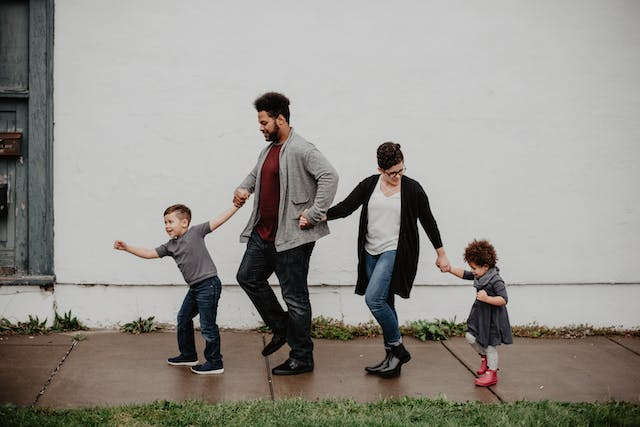Eastern Family Traditions vs. Western Family Traditions
Essay topic: Eastern Family Traditions vs. Western Family Traditions
Answer:
Eastern and Western family traditions exhibit profound cultural variations, shaping the dynamics of family life in distinctive ways. The Eastern and Western perspectives on family values, roles, and ceremonies offer a rich tapestry of diversity.
One significant contrast lies in the emphasis on collectivism in Eastern traditions and individualism in Western ones. Eastern families often prioritize interdependence and mutual support, valuing the needs of the group over personal desires. In contrast, Western societies often celebrate individual achievements and independence, fostering a sense of autonomy within the family structure.
Ceremonies and rituals further highlight the differences. Eastern family traditions often revolve around elaborate rituals deeply rooted in centuries old customs. Whether it's a traditional tea ceremony in Japan or a grand wedding celebration in India, these rituals play a pivotal role in binding the family together. In the West, ceremonies tend to be more secular and focused on personal choices. Wedding ceremonies, for example, may vary widely, reflecting the couple's preferences rather than adhering to long standing cultural norms.
The roles of family members also diverge between the two traditions. Eastern families may have more defined and hierarchical roles, with clear expectations for each member. Elders are often revered, and their wisdom is highly valued. In the West, roles can be more fluid, with an emphasis on equality and shared responsibilities. Family decisions are often made collectively, and each member input is considered.
However, amidst these differences, there are universal themes that bridge the gap. Both Eastern and Western traditions place immense importance on family as a foundational unit. Love, care, and the desire for a better future for the younger generation are common threads that run through both traditions.
In conclusion, Eastern and Western family traditions diverge in their approach to individualism, ceremonies, and roles within the family. While Eastern traditions often reflect collectivism, intricate rituals and defined roles, Western traditions lean towards individualism, personalized ceremonies, and more fluid familial roles. Despite these differences, the shared values of love and family unity remain at the core of both traditions.














